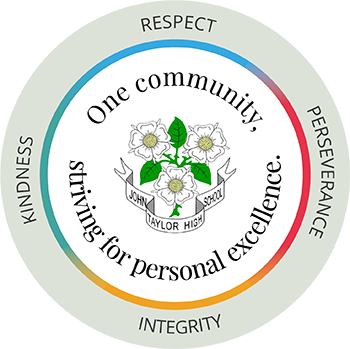Domestic Abuse
Definition of Domestic Abuse
The statutory definition of domestic abuse, based on the previous cross-government definition, ensures that different types of relationships are captured, including ex-partners and family members. The definition captures a range of different abusive behaviours, including physical, emotional and economic abuse and coercive and controlling behaviour. Under the statutory definition, both the person who is carrying out the behaviour and the person to whom the behaviour is directed towards must be aged 16 or over and they must be “personally connected” (as defined in section 2 of the 2021 Act).
Types of domestic abuse include intimate partner violence, abuse by family members, teenage relationship abuse and child to parent abuse. Anyone can be a victim of domestic abuse, regardless of sexual identity, age, ethnicity, socio-economic status, sexuality or background and domestic abuse can take place inside or outside of the home. The government has issued statutory guidance to provide further information for those working with domestic abuse victims and perpetrators, including the impact on children.
All children can witness and be adversely affected by domestic abuse in the context of their home life where domestic abuse occurs between family members. Experiencing domestic abuse can have a serious, long lasting emotional and psychological impact on children. In some cases, a child may blame themselves for the abuse or may have had to leave the family home as a result.
Young people can also experience domestic abuse within their own intimate relationships. This form of child-on-child abuse is sometimes referred to as ‘teenage relationship abuse’. Depending on the age of the young people, this may not be recognised in law under the statutory definition of ‘domestic abuse’ (if one or both parties are under 16). However, as with any person under 18, where there are concerns about safety or welfare, child safeguarding procedures should be followed and both young victims and young perpetrators should be offered support.
Contacting the Police
In the event of an emergency please contact police via 999.
In a non-emergency please use 101 if you need support or advice from the police.
Local Support
New Era – New Era is the new holistic Domestic Abuse (new-era.uk)
Home - Pathway Project (pathway-project.co.uk) (for Lichfield and Tamworth)








